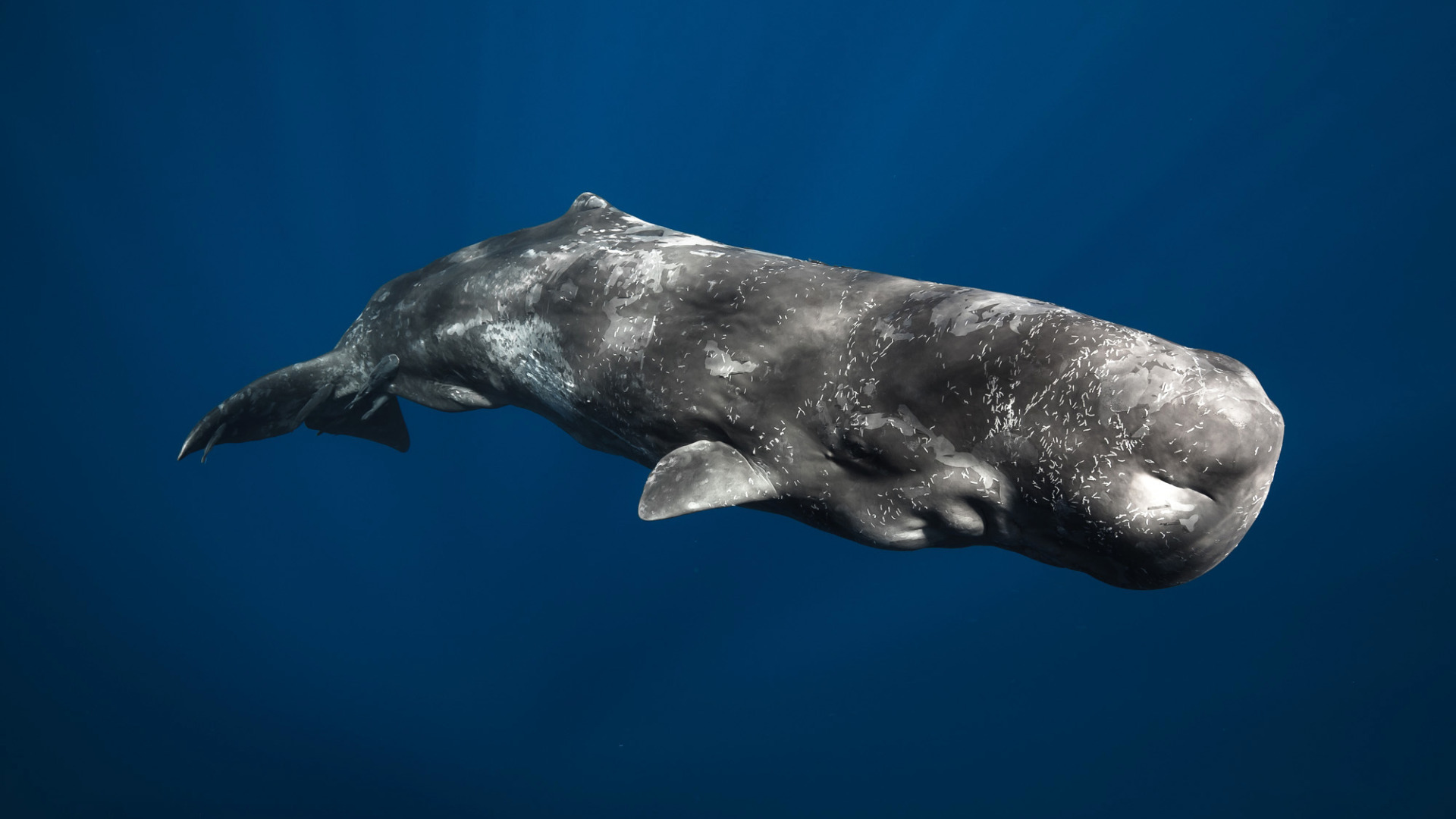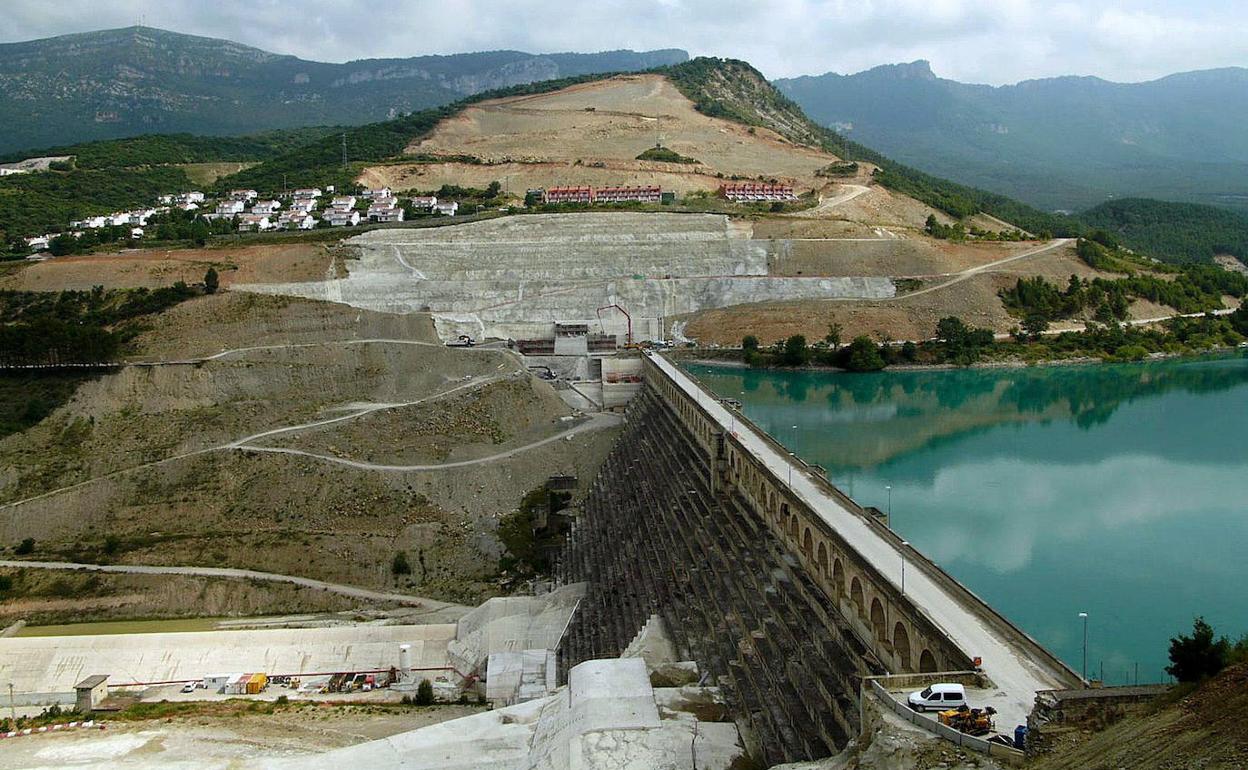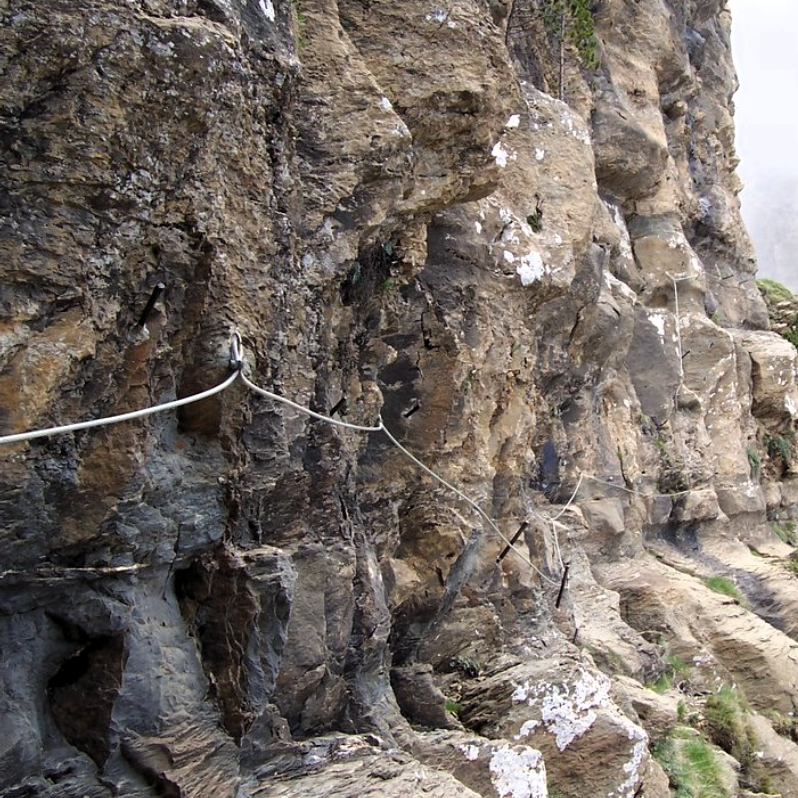Ekopol develops a new system to assess the environmental impact of the industry
- Jon Iñaki Sasia Santos, Gorka Bueno Mendieta and Iker Etxano Gandariasbeitia, members of the Ekopol research group, present the Amalur EIS environmental information system. The authors explain that this system calculates environmental impacts based on the information contained in the European Pollutant Release and Transfer Register (E-PRTR). In particular, it collects data on emissions to soil, air and water from 31,388 industrial plants in Europe over the period 2007-2022. It is able to perform calculations using 31 different life cycle impact assessment methods and receives 78 of the 91 pollutants regulated by the PRTR protocol.

The development of the system began in 2022 and the first results have been published this year in the open journal Environmental Monitoring and Assessment. Among the conclusions, they highlight that climate change is the biggest contributor to the total European impact (68.6%). At the same time, the energy sector is the industrial activity that generates the greatest impact (59.5% of the total). Geographically, these two aspects converge in the German regions of Düsseldorf, Cologne and Brandenburg, resulting in a concentration of the greatest regional impacts in Europe. In fact, Germany is the country with the highest impact (20.3% of the total).
The tool has also been used in the Basque Country, where it has been shown that the only oil refinery in the territory (Petronor, Muskizen, Bizkaia) stands out: it generates 25% of the impacts of all the facilities. In addition, the cumulative impact of the 6 mineral industries (mainly cement industries) has been found to be 16.9% of the total impact, while that of the 7 thermal power plants represents 17% of the total. The art of the latter, the most polluting installation, is the two combined cycle power plants of Total Energies (Castejón, Navarra).
In terms of environmental impact categories, climate change is the greatest impact in the Basque Country (55% of the total). Acidification (11%) and photochemical ozone generation (9%) are very far from this.
On the other hand, it is anticipated that this year they intend to deepen the analysis of the impacts of diffuse emissions in other areas, that is, the small non-integrated industry of E-PRTR, vehicle traffic, residential sector, agriculture... In fact, the first results of this analysis have yielded significant conclusions. For example, the impact of the small European industry in percentages is similar to that of the large industry. They also note that diffuse emissions account for about two-thirds of Europe’s environmental impact.
Consequently, the authors confirm that Amalur EIS is a valuable tool for monitoring the transition to sustainability, especially in Europe.
Yours is not ecology, yours is ideology.” You have the words of the head of the Spanish opposition, this time with the excuse of the blackout. What it means to distort the word ideology; energy transition and/or energy policy because, as the word says, it is pure politics. The... [+]
Energia politikek haserreak eta desadostasun sakonak sortu dituzte ekologisten artean. Ez da gauza berririk. Hemen eta atzerrian. Hemen eta orain, nabarmen. Duela bi urte, 2023ko udaberrian, gure ikerketa taldeak (ekopol.eus) hiru mahai-inguru antolatu zituen Donostian,... [+]
Iberiar penintsulan apirilaren 28an gertatutako itzalaldiak, egungo energia sistemak dituen arrakala guztiak utzi zituen bistan. Enpresa elektriko handien diru gosea, berriztagarrien ezarpen masiboak dakartzan ajeak, eta herritarrok bizimodu hiper-elektrifikatuarekiko dugun... [+]
On the night of April 28, the terraces of Barcelona’s Badal Rambla were crowded; unrefrigerated beers were served, but people seemed happy. “If the end of the world has to come, let it catch us with joy,” a neighbor told me. For more than ten hours the electricity had... [+]






















